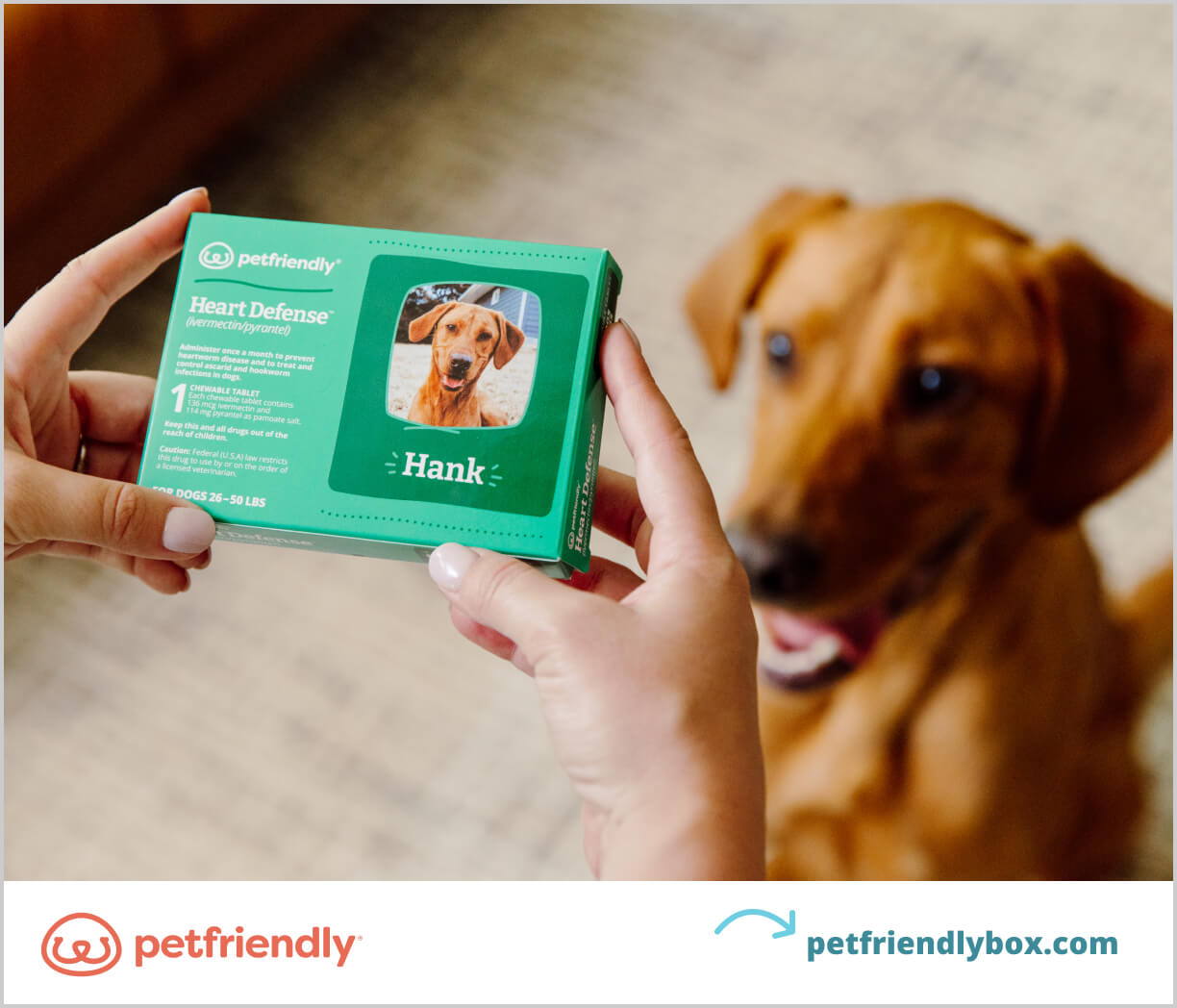Spending time outside during the summer months with your pup is a fun part of pet parenting. But, the outdoors is home to bugs and pests that can affect your dog's health.
Have you ever wondered, "Do mosquitoes bite dogs?" The reality is that mosquitoes (and itchy, swollen mosquito bites) aren't just a nuisance to people.
In this article, we'll cover:
- Do mosquitoes bite dogs
- Are mosquito bites dangerous
- The diseases they carry
- 5 ways to avoid mosquito bites
Do mosquitoes bite dogs
.jpg)
Mosquitoes bite dogs like they bite humans. And, the bites can cause the same itching humans experience. Beyond itching, mosquito bites on dogs can cause skin irritations and other diseases.
Mosquito bites on dogs are usually found on their backs or legs, but they can feast on your dog's blood anywhere on their body.
Symptoms of a mosquito bite
.jpg)
Mosquito bites come with some health risks. Mosquito bites may cause the following signs and symptoms:
- Itchy skin
- Pain
- Mild swelling
- Skin infection
- Hot spots
- Allergic reaction
- Constant scratching
- Rubbing ears
- Lethargy or depression
- Intolerance to exercise
- Loss of appetite
Are mosquito bites dangerous to dogs

Mosquito bites aren't always dangerous, but taking steps to prevent bites altogether can bring peace of mind to pet parents. Keep reading to learn the risks of mosquito bites and how to avoid mosquito bites on dogs.
Diseases mosquitoes carry
Apart from the annoyance that comes with an itchy bite, some mosquito-borne diseases can affect your dog's health. Here are some common diseases mosquitoes carry.
Heartworm disease
The biggest risk of mosquitoes for most pets is heartworm. Heartworm infection is a serious, life-threatening disease spread by infected mosquitoes.
Mosquitoes contract heartworms when they bite an infected animal. Then, when a mosquito bites your dog, they spread heartworm larvae to your dog's bloodstream.
Some symptoms of heartworm in dogs include:
- Trouble breathing
- Coughing or wheezing
- Asthma symptoms
- Loss of appetite
- Weight loss
- Distended chest
- Respiratory difficulty
- Lethargy
- Reduced activity
- Fainting
Dogs not protected with heartworm prevention risk heartworm larvae developing into adult heartworms. As heartworms grow, they multiply and spread to your dog's heart and pulmonary arteries.
As heartworms multiply, they cause blockages and restrict blood flow. If left untreated, heartworm infection can be fatal.
West Nile virus
West Nile virus spreads to dogs through infected mosquitoes. West Nile can cause health problems like:
- Fever
- Mobility issues
- Seizures
If untreated, West Nile virus can develop into a more serious version of the disease called eastern equine encephalitis. Eastern equine encephalitis develops when the West Nile virus spreads to a dog's brain.
Tularemia
Tularemia is a bacterial disease found in rabbits and rodents. If your dog eats an infected rabbit or rodent, or an infected mosquito bites your dog, they may contract the disease.
Tularemia in dogs may cause the following symptoms:
- Painful lymph nodes
- High fever
- Discomfort
- Jaundice
- Organ failure
PRO TIP:
If you think your dog is suffering from a mosquito-borne parasite infection, visit your vet for a check-up and start treatment immediately.
5 ways to avoid mosquito bites on dogs

There is no way to completely prevent mosquito bites on dogs. But, there are steps you can take to protect your dog from the health problems, infections, and diseases caused by a mosquito bite.
Whether you’re hiking, playing, or just spending time outdoors in the summer, here are five ways to keep your dog safe from mosquito bites, infections, and diseases.
1. Give your dog monthly heartworm prevention.

The biggest health risk from a mosquito bite is the development of heartworm infection. To prevent the development of heartworm disease in your dog's bloodstream, keep them protected with monthly heartworm prevention.
Heartworm disease prevention is the best way to ensure the life cycle of heartworms does not develop in your dog's system.
2. Treat your pet with a topical flea & tick treatment.

Some flea and tick topical treatments also kill and repel mosquitoes from biting dogs. With a monthly topical treatment, your pets will be better protected from other pests that carry diseases, especially during flea season.
3. Remove standing water in your yard.

If it feels like you're standing in a bird bath when you step into your yard, it may be time to remove some standing water. Stagnant water in your yard attracts mosquitoes and other insects.
To get rid of collected water, try aerating your lawn or adding a drainage system. Installing a rain garden can also improve your yard’s drainage.
4. Use mosquito repellent.

For an extra line of protection, try a pet-safe mosquito repellent to prevent mosquito bites. Mosquito repellent for pets is made with essential oils and other natural ingredients to repel insects.
Some human bug spray ingredients are harmful to dogs, so avoid using your own bug repellent on your pup. Here are some ingredients to avoid in bug repellent:
- Diethyltoluamide (DEET)
- Picaridin
- Citronella candles, plants, or other products
- Garlic plants
- Geranium plants
- Marigold plants
- Citrus fruit peel
PRO TIP:
If you have an abundance of bugs and mosquitoes in your yard or house, call a pest control specialist for treatment. Talk to the pest control specialist about the ingredients of their pesticides and treatment before they spray your yard.
5. Visit your veterinarian regularly.

No matter your pet's health status, schedule regular vet visits to keep your pet's health top of mind. Pet owners should bring their pets to the vet annually to update vaccinations, take a heartworm test, and get a check-up.
VET TIP:
It can take months to detect heartworm disease and other systemic illnesses in your dog's system. That's why routine testing and dog check-ups are important.
Whether you're fetching, walking, or just hanging out outdoors with your pup, be sure your dog is protected from the risks of mosquito bites.

